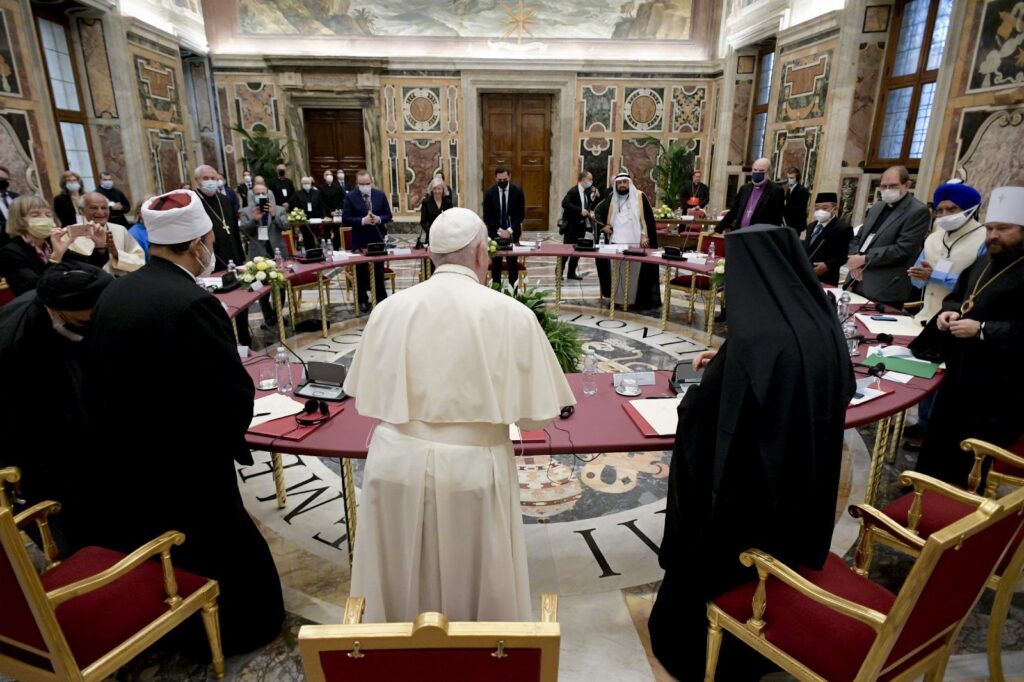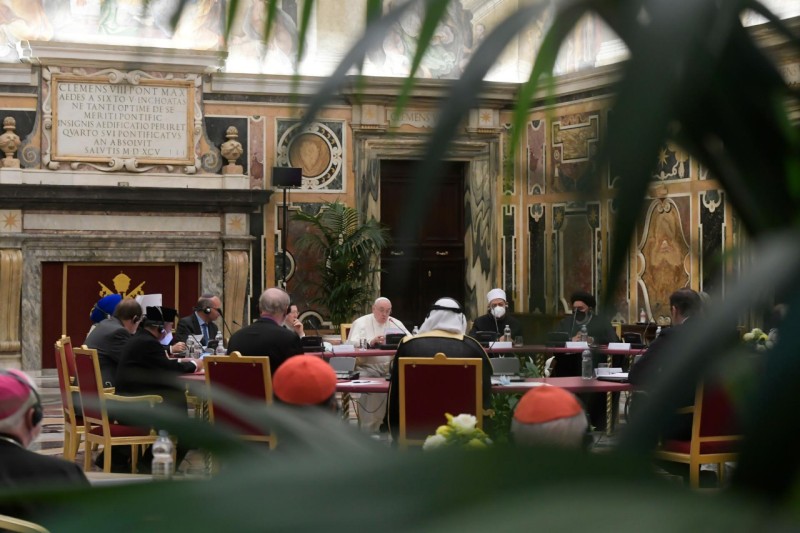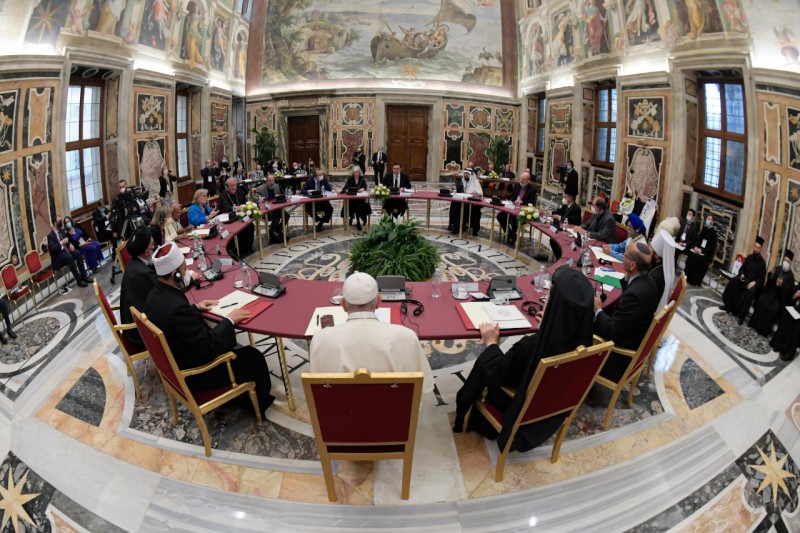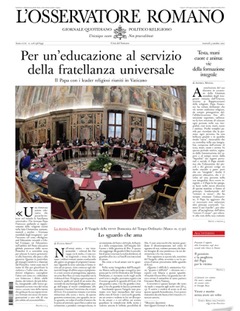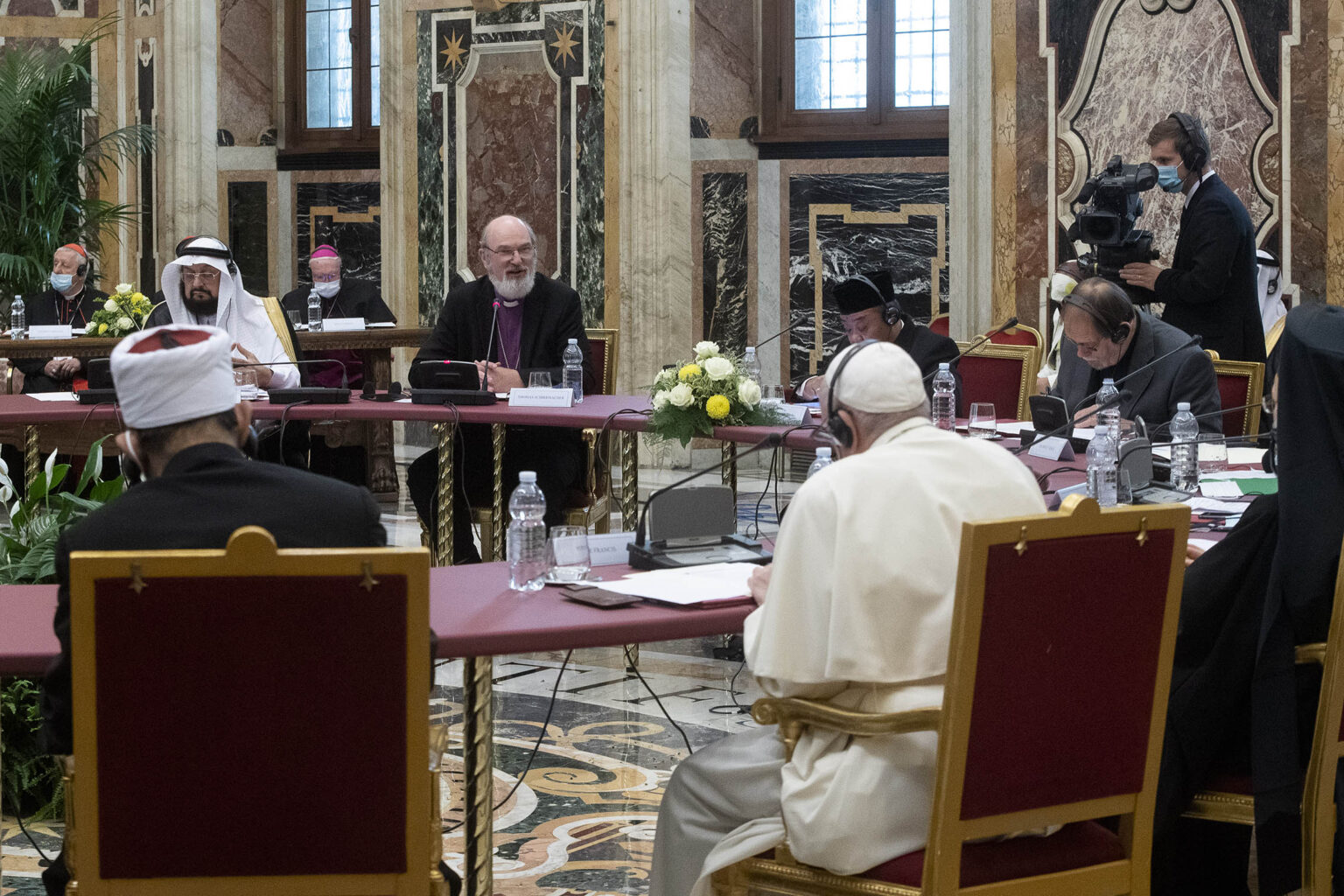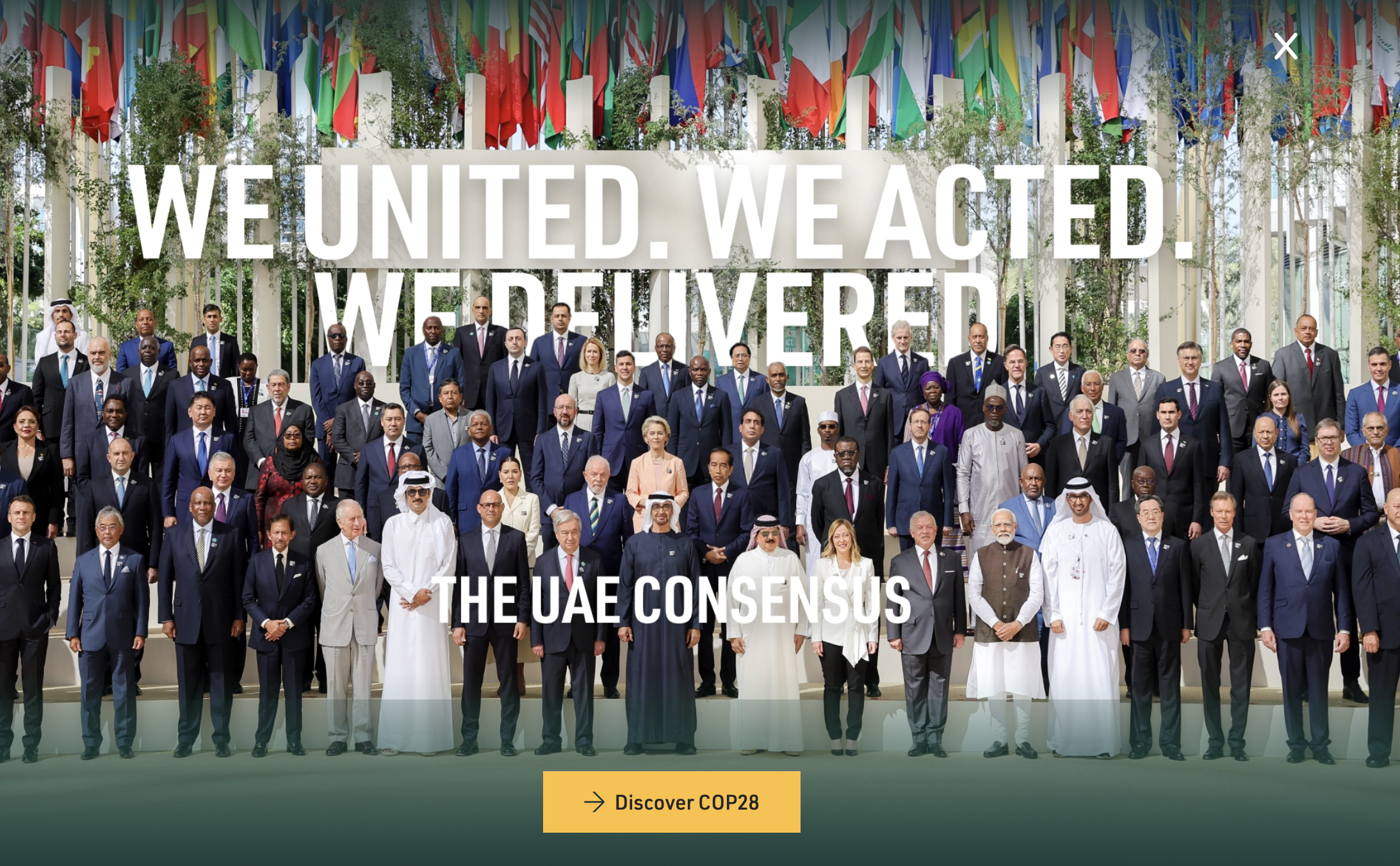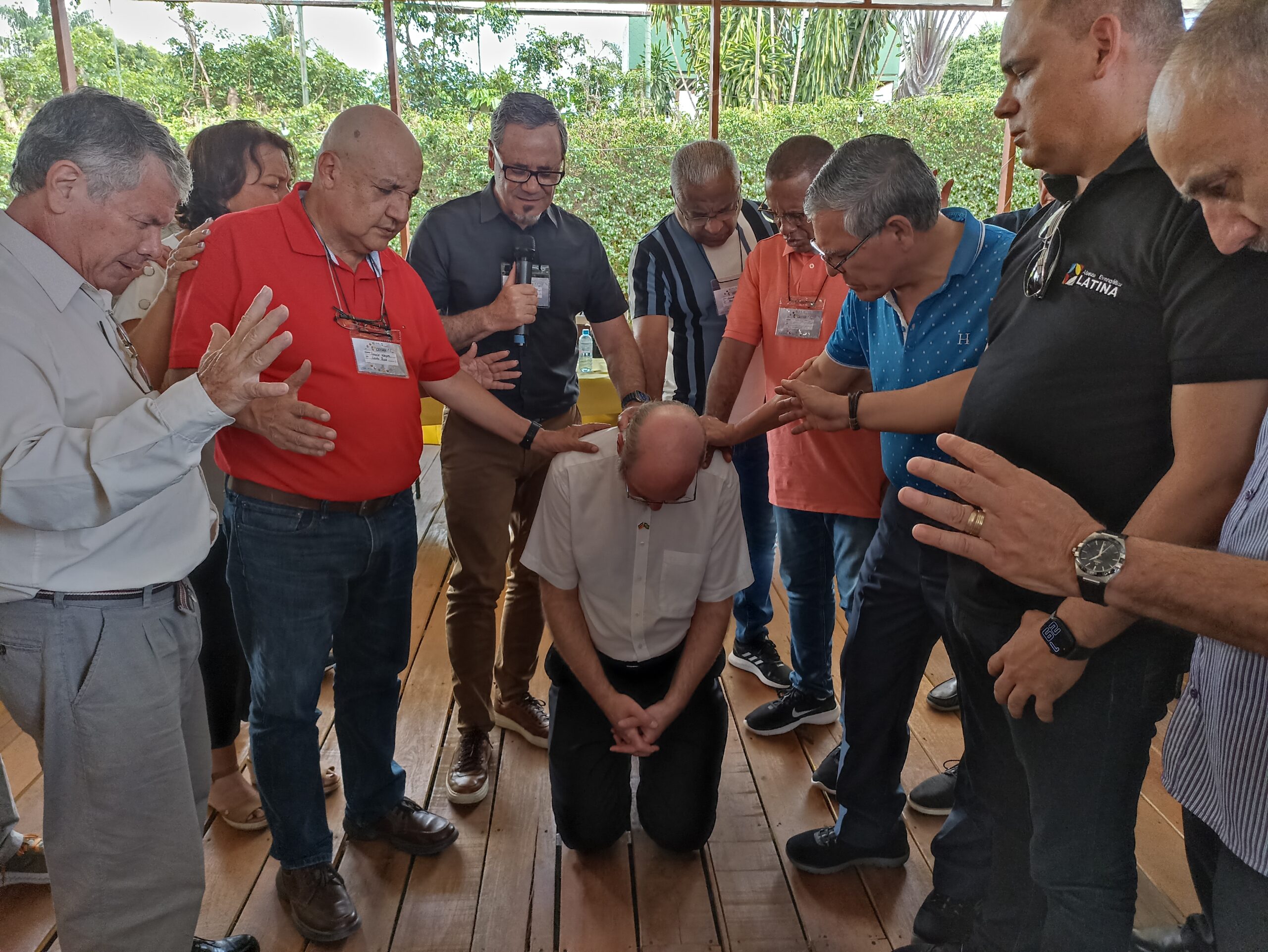I thank Pope Francis for bringing us together here. Together with all the other major religious leaders present, on behalf of the World Evangelical Alliance, which represents churches with a total of 600 million members, on UNESCO’s “World Teachers’ Day” we applaud all teachers and educators around the world for their engagement and many sacrifices to educate the next generation. We know that the problems of a society or even of a family are often represented in a class as if in a prism, and that often teachers and educators must help children and youth with life matters far beyond teaching the curriculum. We are well aware that the present pandemic has added further problems and obstacles. In this situation, we rely more than ever on teachers and educators to ensure that girls and boys are not left behind but can share in humankind’s ability to know, take part in private and public discussion, and develop skills and abilities so that they can qualify for freely chosen jobs according to their gifting and play a role in shaping society and the political realm. We are also aware that in some cultures and countries, teachers and educators are paid much less than what they deserve, and we promise to use our influence to improve this wherever we are heard.
The Old Testament book of Proverbs is an example of a large education-oriented book in the Bible. It is not by chance that Proverbs draws from the wisdom of many cultures, not only from Hebrew sources. The comprehensive education found there includes the ability to survive in everyday life independently. This ability comprises forethought, working for peace, and bringing about justice. Religious people do not question education but support it strongly, as Proverbs 1:7 states: “The fear of the Lord is the beginning of knowledge.”
As so many respected leaders who have spoken during the last hour have voiced our concerns already and I do not want to repeat everything, I will just remind us of three things.
1. There are still too many countries in which the percentage of girls attending school and receiving education is much lower than that of boys. UNESCO reminds us of this again and again, and one of UN’s sustainability goals is dedicated to it. We urge our fellow religious leaders to use their influence against any false arguments that question this goal.
Another related topic which we should address openly concerns the sexual abuse of minors and all kinds of sexual harassment, especially by people in authority. I urge all of us to insist on installing the necessary protocols and means in our religious institutions and in education worldwide, so as to prevent this behavior as much as possible and enable quick and successful exposure of offenders.
2. In the Christian Holy Scriptures, comprehensive responsibility for the education of minors lies with the parents. Other religions represented here today see a very similar connection between the responsibilities of parents and education. The Universal Declaration of Human Rights takes this for granted. We want to emphasize, therefore, that any institution involved in education should work in close cooperation with parents and should not be misused to position education against the parents. Of course, we know that education has to help children from broken families or compensate for the failures of parents and families. And the need mentioned above, to advance the education of girls, may still sometimes entail convincing hesitant parents to let their daughters attend school. Yet the ideal is always that children will not have to choose between teachers and parents, and that both will comprehensively help them to become knowledgeable and competent adults.
3. As we are here as leaders of several world religions, and as our joint statement is a very welcome result of interreligious dialogue towards a peaceful and just world for all, I would like to bring up the question of how we speak about each other in schoolbooks and other educational materials. Children have the right to learn about the religion of their parents and their own religions. But this activity should not be accompanied by painting a distorted picture of rival religions. Rather, it should go hand in hand with a respectful and truthful description of the beliefs and deeds of others and with valuing freedom of religion or belief for all, which leads to interreligious peace within a society. This imperative is especially relevant for the leaders of majority religions or state religions of countries.
Archbishop Thomas Schirrmacher, Secretary General, World Evangelical Alliance
